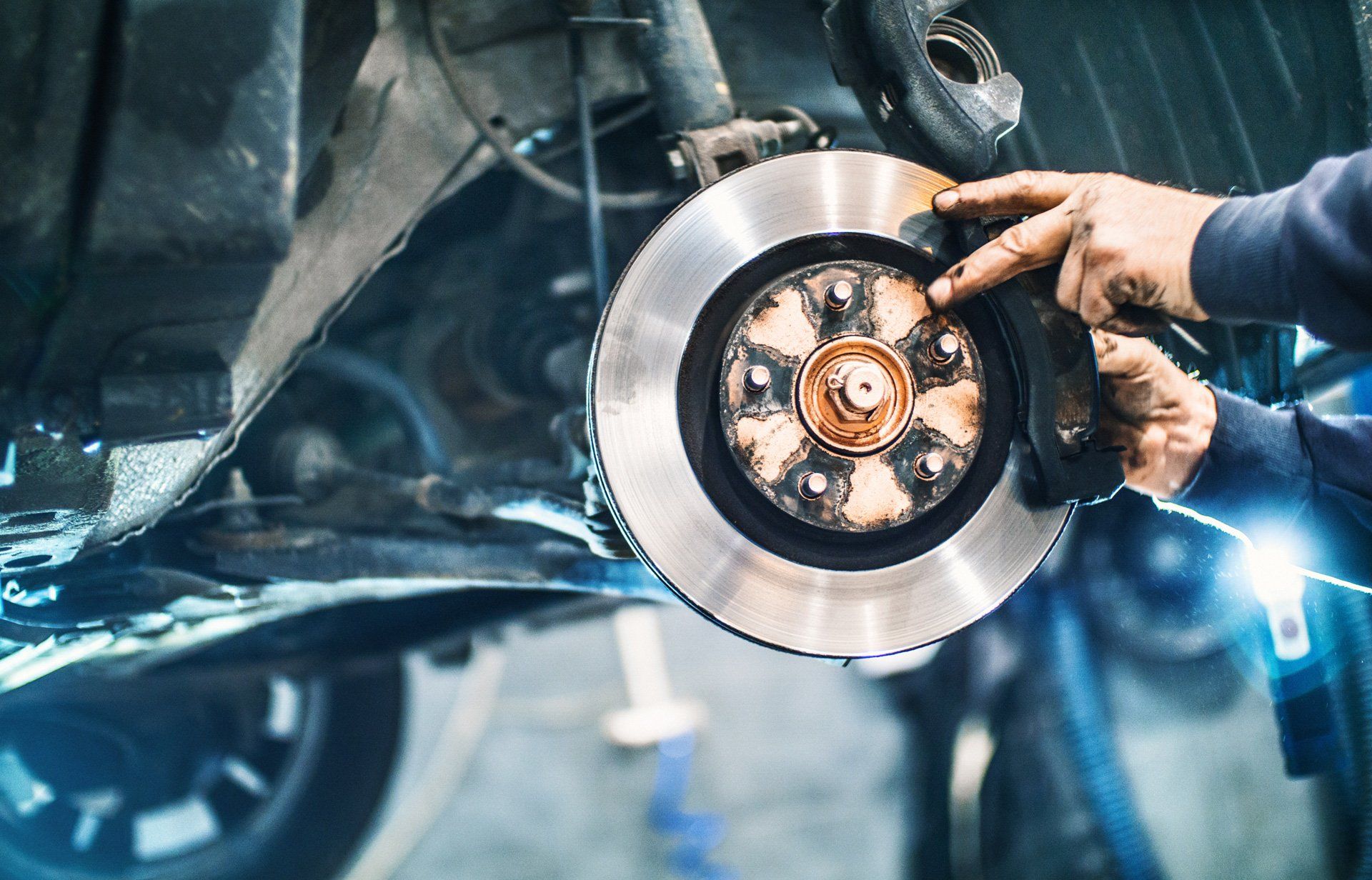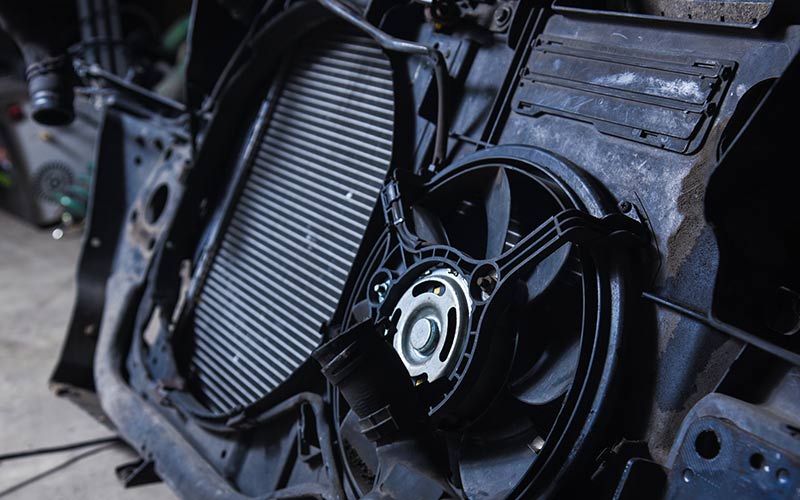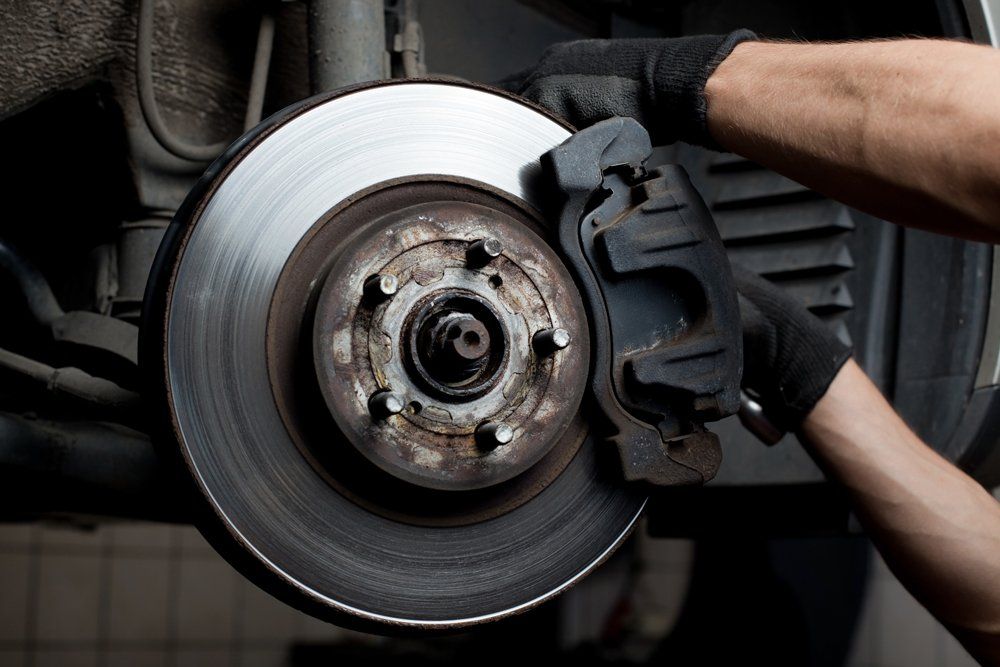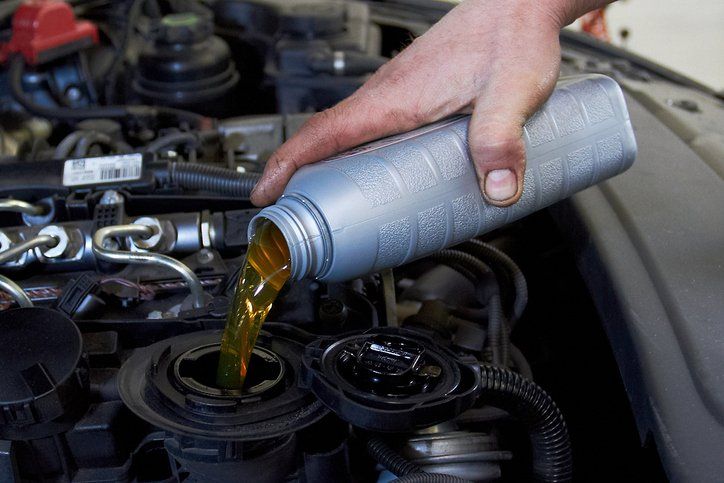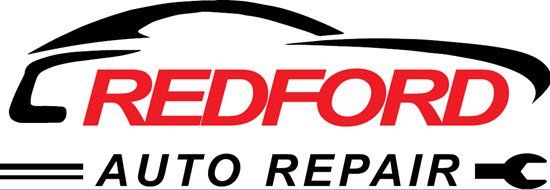5 Dos and Don'ts for Better Gas Mileage
- By Admin
- •
- 30 Jan, 2020
If your car has been experiencing poor gas mileage, it may not be the fault of your automobile. Cars do not run efficiently for many reasons. Fortunately, there are a few ways to correct the problem of poor fuel economy. Avoid having to fuel your car so very often by following a few dos and don'ts. Here is what you need to do now.
1. DO Check Your Vehicle's Tire Pressure Regularly
Failing to check your car's tire pressure on a routine basis may lead to problems, in particular that of poor gas mileage. Experts believe that if tires drop one PSI (Pounds per Square Inch), 0.4 percent of the vehicle's gas mileage will be reduced. The numbers may not seem significant, but it can add up.
The simple way around this is to check your vehicle's tire pressure on a weekly basis. Refer to your auto manufacturer's recommendations for adequate tire pressure. Find information in your owner's manual. When you note that tire pressure has drops below that recommendation, it is time to inflate the tires.
Also, remember this tip: If you live in a particular cold climate, wintertime may be especially tough on your tire's air pressure. Cold temperatures tend to make air pressure in tires deflate faster. A tire gauge can be found at your auto repair or mechanic shop, or you may request to have your tires inflated when you go in for an oil change or other maintenance service.
2. DON'T Run Your Car's Air Conditioner Unless Necessary
Try not to run the air conditioning in your vehicle on every warm day. If you can manage it, open the windows instead. Running your auto's air conditioner constantly will waste fuel and reduce your gas mileage to some extent.
When driving on city streets, turn off your air conditioner and open windows. On the highway, switch your AC on as needed.
Also, remember that your air conditioner will need to work harder if your car and engine is running hot. It is logical that when the car is working harder, more gas will be consumed. To avoid overheating your car, park it in a shaded area out of direct sunlight, or park it in a garage if possible.
3. DO Choose the Right Type of Motor Oil for Your Vehicle
Check your vehicle's owner manual. If your auto calls for a low viscosity motor oil, stick with that type.
Lower viscosity type motor oils are known to increase gas mileage. Your vehicle's fuel economy may also improve by switching to a synthetic motor oil.
Equally important is that you don't neglect to change the oil in your car as recommended. Keep track of your last oil change so you will know when it is due for another change.
4. DON'T Drive With Clogged Fuel Injectors
Your car's fuel injector's work in conjunction with the gas in your vehicle. If the fuel injectors become clogged, you may experience poor fuel economy. After thousands of miles of driving, deposits may build up on the injectors. Speak with a mechanic about how getting an evaluation and have the problem corrected.
5. DO Correct Your Bad Driving Habits
If you have a habit of driving too fast or constantly accelerating, you may be wasting gas. When you tend to accelerate suddenly, and on a frequent basis, your car may be guzzling gas in the process. Slow down when necessary and put an end on sudden acceleration. You may see an improvement in your gas mileage.
Visit your auto service dealer today for more advice and routine maintenance that may help you boost your vehicle's fuel economy.



